We work on our fitness all year round in preparation for our seasons of hiking and we cannot overstate to our guests how important it is to start getting fit well before the tours start. There are 3 things to think about: Strength-Cardio-Balance. Even for a Level 2 or 3 hike it is important to prepare as, unless you are very fortunate, your daily routine probably does not include a minimum of three hours of walking in the countryside. The benefits are manifold. Fitness leads to a significantly increased level of enjoyment and a reduced risk of injuries and health niggles on the tour. Your daily walk around your local neighbourhood, or a few extra rounds of golf, are unlikely to be sufficient to ensure you will enjoy the challenges of a Hedonistic Hiking holiday.
First-time guests are often worried that they will not be as fit as others in the group. Solid preparation, with some targeted exercises each day, will help to dispel those fears. As we now have just months to go until the start of our European season, it is time to get focussed and start your fitness regime! A chat with a fitness instructor will put you on track. However, not everyone wants to visit a gym, so our video below shows hugely beneficial exercises which can be done at home. Remember: Start slowly, be consistent and gradually build your strength. This film was put together with the kind help of Jackie’s Personal Trainer in Bright, Matt Molijn.
Cardio
Work on cardiovascular exercise to help your endurance levels, ideally at least 20 mins each day. This could be running, cycling or gym sessions if you are a member – anything which raises the heart rate and gets the lungs working! Members of our team keep fit with many different activities: skiing, dancing, playing tennis, swimming or briskly walking the dog – the key is to find an exercise which you enjoy so that the activity is pleasurable.
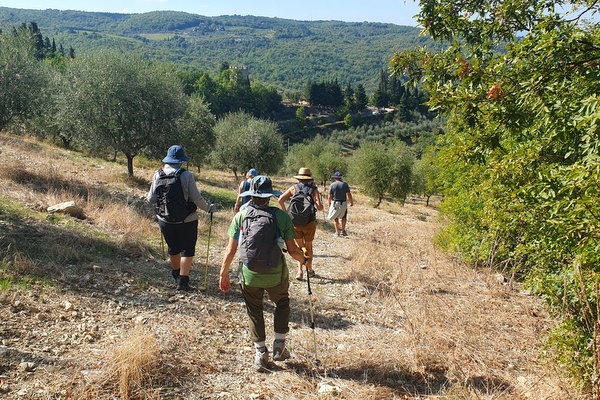
Strength
As seen in the film above, there are many exercises you can do at home which don’t need lots of kit or pricey club memberships. Squats, lunges, planks and press-ups can easily be achieved daily in the comfort of your own home. Just doing ten squats whilst waiting for the kettle to boil builds strength and doesn’t eat into your free time. Resistance bands or free weights will give your muscles a bit more of a challenge. And wherever you are – take the stairs! It takes up no extra time but gets the leg muscles working, and you will reap the benefits on the ascents during the tour.
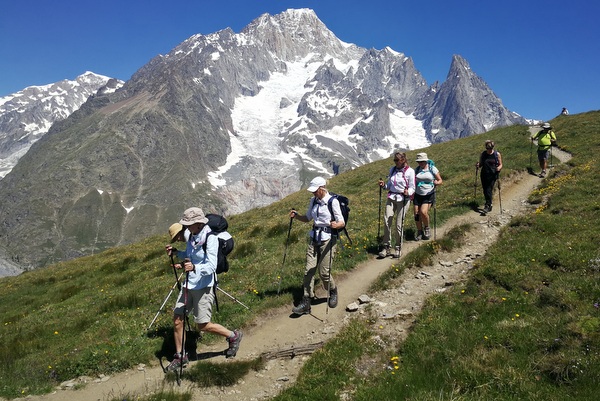
Stretching
We are big fans of Pilates and Yoga for keeping the body strong and supple. These disciplines work on core strength, balance and flexibility, and help to combat daily stresses which can take their toll on the body. Jackie’s own Pilates teacher in Bright has designed an on-line series of exercises to prepare hikers for their tours, and this can be purchased for $35.00 for the four-part course. Find out more here.
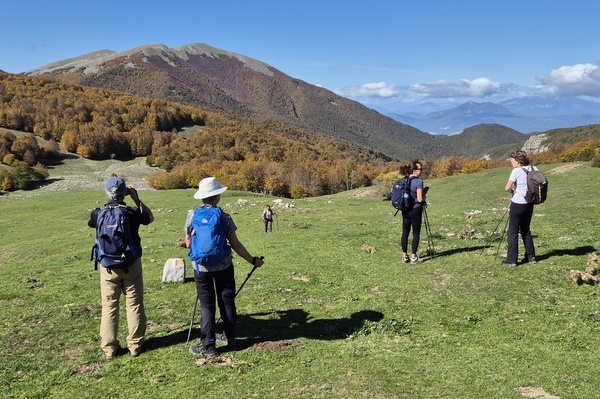
Terrain
It is really important to practise before the trip on different types of terrain, including up and down hills, on rocky surfaces, grass or shale. Working on your foot placement on uneven ground will build your confidence when you get out on the trail. Stand on one leg whilst brushing your teeth or chatting on the phone – and make sure you do this on both legs equally, as one is always stronger than the other.
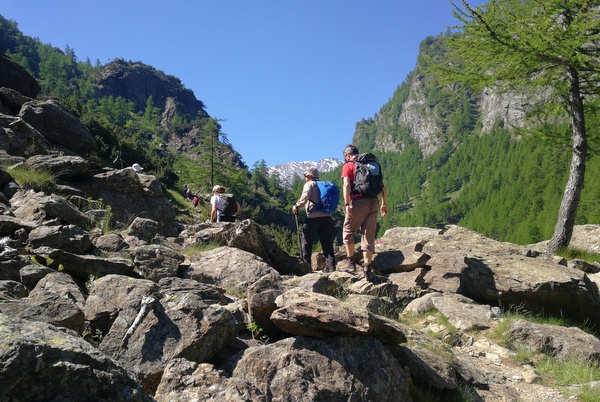
Equipment
We can’t stress enough times how important it is to wear in your boots before you start the tour and to walk out in the kit you will be using on the holiday. Footwear and clothing that chafes or rubs can really reduce your enjoyment. Practise as well with your rucksack, filling it with approximately the weight you will be carrying on the tour. The upper body exercises in the film above will help with this. If you are not accustomed to walking with poles, practise with these too – adjusting the height and working on how to place them for maximum benefit for your knees and overall balance. There is lots of advice online about best ways to pack your rucksack and also how to get the most from your walking poles. Have a look at this website as an example.
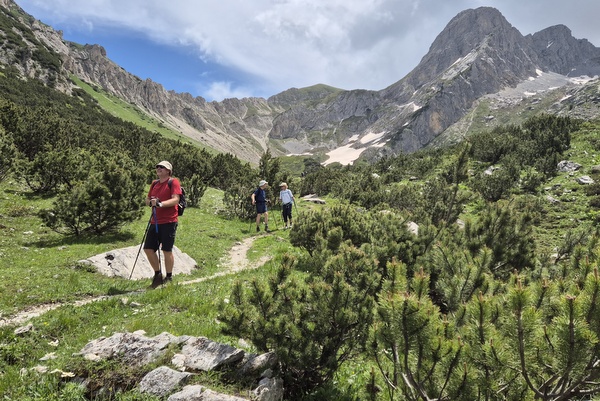
Hydration and Nutrition
When you are practising, always set off well-hydrated and make sure you carry enough water to see you through the duration of your hike. Dried fruits and nuts are the best snacks for hiking – replenishing lost salts and boosting energy if you start to slow down. And always remember that a good diet and a good night’s sleep will do wonders for your energy levels and help you to fully rest and recover after a long hike.
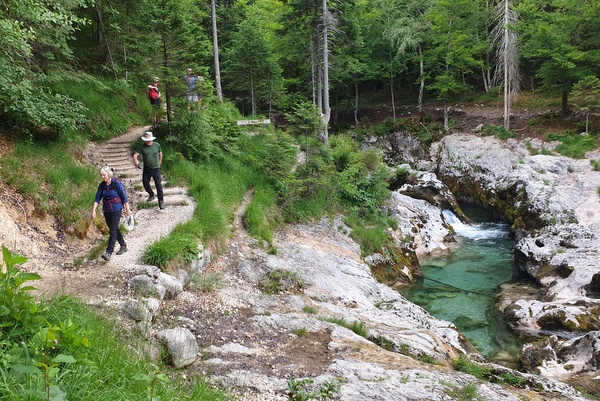
Find out more about our recommendations for the best hiking kit, and sustainable hiking clothing.
